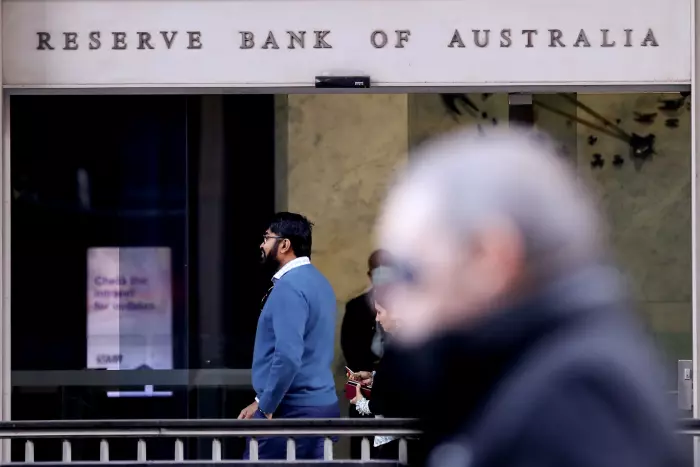The Reserve Bank of Australia has spoken and a cash rate hike of 50 basis points is being rolled out with the bank hinting at further hikes to come later in the year as it continues its fight against inflation.
The RBA’s hike was widely expected to be either in the 25bp or 50bp camp, so the decision to go with a 50bp jump didn’t come as a huge surprise.
The NZ dollar was trading at 90.31 Australian cents this afternoon – up from 91.15 cents from yesterday – but settled around the 90.49 cents mark in the half-hour after the RBA’s announcement broke.
RBA governor Philip Lowe said in his monetary policy decision announcement that the reserve bank had made the decision to hike its cash rate by 50 basis points – lifting the official cash rate from 0.85% to 1.35% – because of “high” inflation internationally and in Australia.
He said global factors accounted for much of the increase in inflation in Australia but domestic factors were playing a big role and contributing to the “upward pressure” on prices.
“One source of ongoing uncertainty about the economic outlook is the behaviour of household spending,” he said and pointed to how the Australian household saving rate remained much higher than it was pre-pandemic.
Lowe also said many households had built “large financial buffers” and were benefiting from stronger income growth.
“The board will be paying close attention to these various influences on household spending as it assesses the appropriate setting of monetary policy,” he said.
Further hikes this year are definitely on the cards as Lowe said the board expected to take further steps towards “normalising monetary conditions” in Australia in the next few months.
“The size and timing of future interest rate increases will be guided by the incoming data and the Board's assessment of the outlook for inflation and the labour market,” he said.
Electus Financial managing director Alex Hill said the decision of a 50 bp hike hadn’t come as a surprise, but what was surprising was the RBA's admission that Australia’s inflation wasn’t quite as big a problem as it currently was for the rest of the world.
“I think that's an important point,” he said. “There’s clearly a message there when they're talking about things getting back to where they expect in terms of the balance level – and also combining that with the concern that they have for the Australian household.”
Hill said there was an “underlying pressure” on the average Australian household due to how much of an effect mortgages have in the housing market and how low they expected rates to stay – and how quickly they've gone up.
“We think there's going to be a quick tightening of spending there and that's going to weigh on them quickly,” he said.
“The bank is suggesting that they are wary of that pressure.”
Peter McIntyre, an investment adviser at Craigs Investment Partners said the market had been expecting a 50-basis point hike from the RBA and the reveal hadn’t come as a shock.
The S&P/NZX 50 Index rose 102.8 points or 0.95%, to 10,965.17. Turnover was $142 million.
McIntyre said it had been a strong day for New Zealand’s market and the index’s big guns like Fisher & Paykel Healthcare and electricity company Mercury had done most of the heavy lifting.
Fisher & Paykel Healthcare was up 3.5% to $20.50 and Mercury up 3.7% to $5.68.
Fleet company Eroad started off strong on the index this morning when the market opened, leading the index, and was up 5.4% to $1.55. By mid-afternoon trading it had risen to 7.9% to $1.58 and ended the day up 9.5% to $1.61.
CMC Markets analyst Tina Teng said this morning that Air New Zealand shares “continued to outperform on an improved outlook” as they were up 2.4% to 63 cents at the market’s opening and ended the day in the same place.
She said bank stocks had also jumped thanks to NZ bond yields slumping in the last two weeks. But by the end of the day only Heartland Bank was still up by 1% to $1.99, while Westpac and ANZ Bank were down 0.46% to $21.70 and 0.2% to $24.60.
Australian petroleum company Ampol was down 4.2% to $37.73 in early morning trading. The company was still down at the bottom of the leaderboard at midday and ended the day down 3% to $38.54.
Logistics company Mainfreight also fell 0.37% to $69.69.
On the US currency front, the kiwi dollar was trading at 62.24 US cents at 3pm in Wellington, up from 62.07 cents yesterday. The trade-weighted index was at 70.45, from 70.48 yesterday.






